All companies have their own unique corporate cultures. The values and attitudes that are pervasive among a company’s employees, guiding how they respond, make decisions, and ultimately deal with change, develop and evolve over time. In small and mid-sized companies, the culture often stems from a key leader or leaders who set the pace. Whether they realize it or not, the key leaders’ actions, modes of operation, and core values are observed and often repeated by others throughout the organization. In large, complex organizations, the culture is often defined by many factors including years of policies, employee recognition of what behaviors are rewarded and what behaviors are not, and employee perception of what it takes to be successful. Though intangible, corporate culture is a significant factor in all company business decisions and outcomes.
Today, in the digital era, companies are being forced by their customers and competitors alike to change at a breakneck pace. In an age when social media encourages consumers to share, compare and rate their experiences with products and services with entire communities of potential consumers, companies must make sure those experiences are positive. Products and services that, up until recently, didn’t exist, are now expected by consumers and have become required offerings for companies competing for their business. Consumers now expect that their smartphones will have the ability to “learn” about their owners’ preferences. They expect convenience-oriented services, such as ridesharing and pre-ordering from a favorite coffee house, to be accessible with the click of an app. This consumer demand-driven economy, in which companies’ reputations are greatly impacted by consumer ratings, accelerates the pace of transformation that is necessary within companies of all sizes. More than ever, companies must adapt to today’s market realities quickly, or become irrelevant.
When faced with the need to transform, leaders usually think about the core components that are required. They leverage deep data analytics, real-time customer insights, digitized solutions, process re-engineering, and the latest transformation tactics. Talented leaders, business analysts, and data scientists come together to understand consumer needs and enable change.
But an often overlooked and underappreciated transformation success factor is the impact a company’s culture has on business outcomes. How management responds, makes decisions, and views risk-taking will certainly impact the speed and effectiveness of any significant transformation initiative. The impact is subtle and not something we think about enough, but it is worth taking the time to assess the effect your firm’s corporate culture has on its ability to swiftly and effectively react to market changes.
Give some thought to the following attributes of company culture and whether they are barriers to change or enablers of change at your organization:

Technology and consumer expectations are constantly evolving. To keep pace, companies must be able to react swiftly. Companies must learn to use data to get to know their customers and their expectations and use social media to interact with them. Management must learn to understand the implications of customer decision journeys and quickly react to competitive threats. They must challenge and improve their longstanding approaches to marketing. If any of the barriers referenced above are part of a company’s culture, the company’s ability to make the changes required by transformation initiatives or react to changes in the competitive environment will likely be impacted. Similarly, if the enablers referenced above are characteristics of a company’s culture, the company will likely be able to react to market changes more swiftly and effectively.
Whether you’re a leader responding to the speed of change in the digital age or a team member implementing a transformation initiative, take a step back and think about what your company’s culture really is about and whether it includes features that are either enablers of or barriers to change. Whatever you do…. Don’t stand still. Stay relevant.

